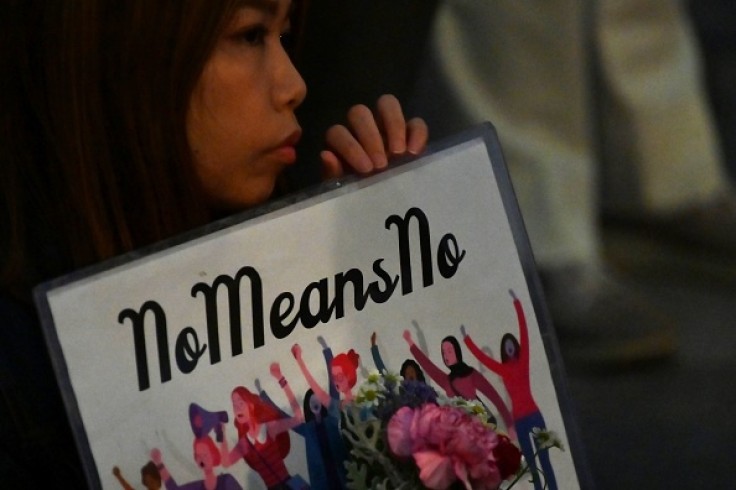
On Friday, the Japanese parliament passed a series of bills overhauling the country's sex crime laws, reflecting conservative social attitudes that often stigmatize and doubt victims. According to CNN, the new laws expand the definition of rape to emphasize consent, introduce legislation against hidden camera photos, and raise the age of consent to 16.
Sexual assault survivors and activists have long criticized Japan's outdated and restrictive laws. Kaneko Miyuki, a survivor of sexual assault, reported her assault at the age of seven but was met with disbelief by the police. The traumatic experience led her to repress the memory until adulthood. Many victims like Kaneko have been ignored because they didn't fit the criteria of a "typical" victim. A 2020 government survey revealed that about 95% of survivors never report their assault to the police, and nearly 60% never tell anyone at all.
New Laws Redefine Rape and Expand Definition of Assault
According to BBC, the new laws mark a significant victory for survivors and activists who have been advocating for change for years. The reforms redefine rape as "non-consensual sexual intercourse" and broaden the definition of assault to include victims under the influence of alcohol or drugs, those with mental or physical disorders, and those intimidated through economic or social status. The age of consent has also been raised to 16, aligning Japan with other developed nations.
One of the main reforms focuses on consent. The previous definition of rape required evidence of resistance, making it difficult for victims who experienced the "freeze" response or were too afraid to physically resist. The new laws shift the emphasis to the concept of consent and recognize the various circumstances in which a victim may be unable to voice resistance due to shock or psychological reactions.
The amendments also address issues related to voyeurism and the sexual exploitation of minors. The legislation establishes grooming as a crime and criminalizes activities like soliciting sexual images from individuals under 16 or seeking sexual encounters with minors. It also strengthens measures against the unauthorized taking or distribution of explicit photos, which has been a prevalent problem in Japan.
Read Also : 10-Year-Old Rape Victim in Ohio Denied Abortion, Forced to Travel to Indiana for the Procedure
Legislation Targets Hidden Camera Photos and Protects Minors
While these reforms are an important step forward, there is still more work to be done. Activists emphasize the need to extend the statute of limitations and address power imbalances in cases involving authority figures. Japan's cultural understanding of consent also lags behind other developed nations. While countries are moving toward a "yes means yes" mentality, Japan is just beginning to grasp the concept of "no means no."
High-profile rape acquittals in 2019 sparked nationwide protests and calls for change, which led to the reforms. However, the deeply rooted views on sexual abuse and victimhood in Japanese society remain a challenge. Survivors often face social stigma and lack systemic support, such as counseling and therapy services.
In order to create lasting change, trauma-informed training needs to be provided to law enforcement and other professionals dealing with survivors. It is crucial to shift public attitudes and provide comprehensive support for survivors to heal and reintegrate into society.
The passing of these bills represents progress, but Japan still has a long road ahead to fully address the issue of sexual assault and create a safer environment for survivors. The hope is that these reforms will serve as a catalyst for further change and ultimately lead to the eradication of sexual violence in Japanese society.